Vietnam is accelerating the implementation of the Project "Developing 1 million hectares of high-quality and low-emission rice cultivation areas associated with green growth in the Mekong Delta by 2030". With this project, farmers can save on production input costs, increase rice output, increase rice prices, and earn money from selling carbon credits.
However, Deputy Minister of Agriculture and Rural Development Tran Thanh Nam emphasized that at this time, the ministry has not raised the issue of selling rice carbon credits. However, the carbon credit payment support from the Transition Carbon Finance Fund (TCAF) is very meaningful for farmers in the pilot production phase. Because this is a motivation to encourage farmers to continue producing high-quality, low-emission rice.
According to TCAF representative, the size of the carbon market in 2030 could reach 100 billion USD, the average price for 1 carbon credit is about 22 USD. Accordingly, developed countries will have to spend money to buy carbon credits from developing countries. Vietnam is one of the countries that can sell carbon credits.
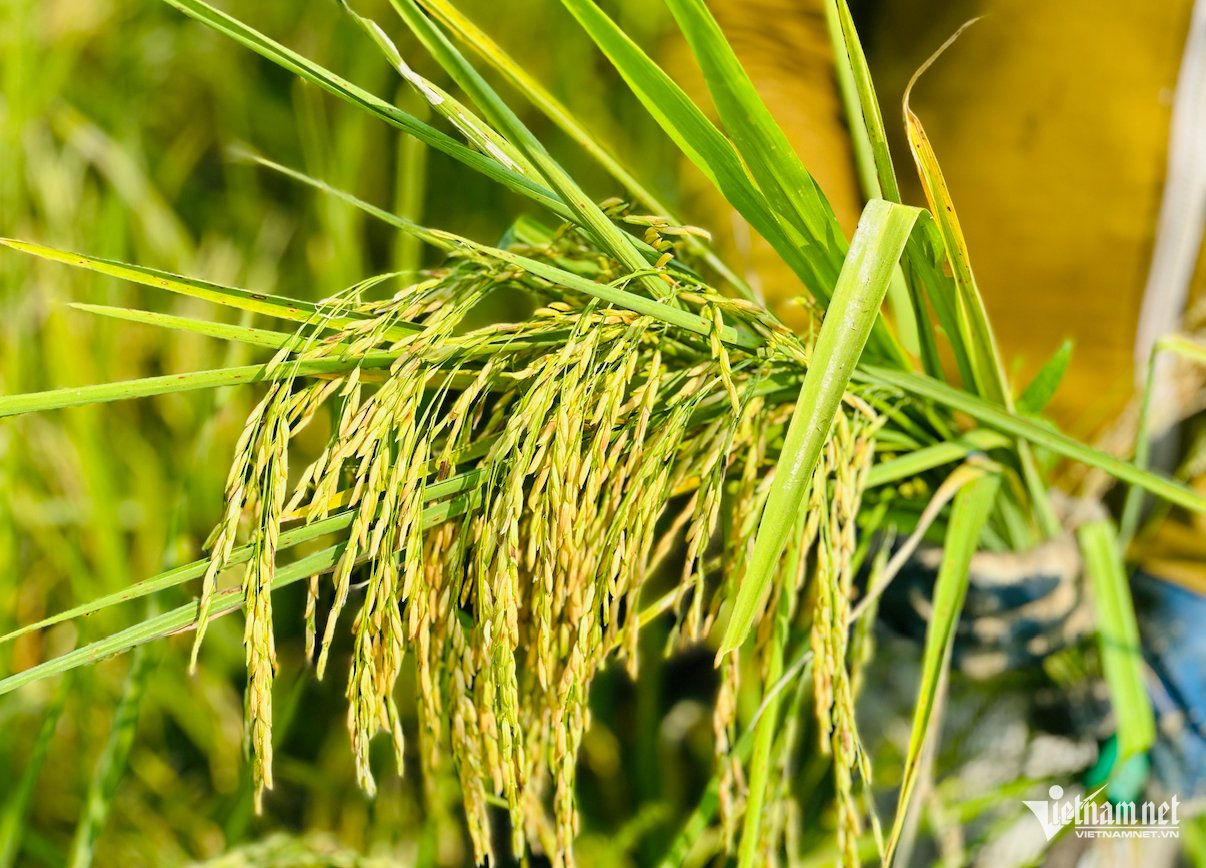
The representative said that the 1 million hectare rice project that Vietnam is implementing is a "model". Previously, the most famous rice project in the carbon credit trading market was the transaction between Ghana and Switzerland. This was not a memorandum of support, but Ghana signed a commitment to sell rice carbon credits to Switzerland.
According to the commitment, this West African country will sell 1 million tons of carbon to Switzerland. The scale of the carbon credit rice project is implemented on an area of 242,000 hectares (2 crops per year). The selling period is from 2022-2030.
The project is currently being implemented, but there is no actual report on how many tons of carbon this rice cultivation area has reduced, the representative said.
Previously, TCAF approved a total budget of 33.3 million USD, which could even increase to 40 million USD (equivalent to about 826-992 billion VND) to pay based on the results and in two phases of the Project "Developing 1 million hectares of high-quality and low-emission rice cultivation areas associated with green growth in the Mekong Delta by 2030".
The TCAF funding commitment will be valid for 12 months and at the end of this period, the World Bank (WB) is expected to approve the funding by signing an Emission Reduction Payment Agreement (ERPA).
In addition, TCAF will provide $2 million in technical assistance (directly managed by the World Bank) to carry out capacity building activities to support the implementation of Article 6 of the Paris Agreement, the MRV system and other recommendations.
WB experts recommend that Vietnam should participate in the carbon market. This will open up new sources of finance and help receive carbon credit payments based on reduced emissions in agricultural production.
In addition, our country's strategy of building a high-quality, low-emission rice brand will be promoted through a carbon measurement system, thereby bringing higher value to Vietnamese rice in the market and encouraging environmentally friendly agricultural production.
By May 2025, the parties will continue to discuss the terms of the ERPA on the value of rice carbon credits and payment conditions. Accordingly, areas that properly implement the alternate wetting and drying process according to international standards will be given priority to receive carbon credit payments from the TCAF.
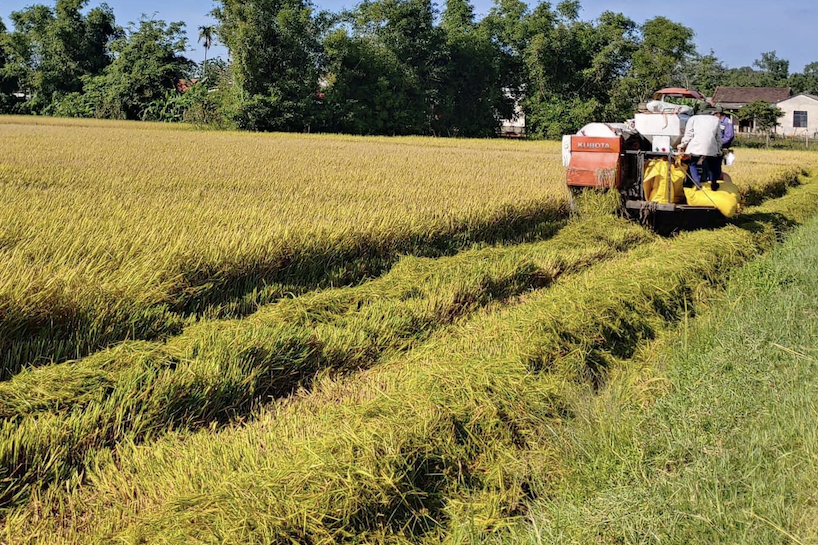
Source: https://vietnamnet.vn/som-hon-viet-nam-mot-quoc-gia-o-tay-phi-ky-ban-duoc-1-trieu-tin-chi-carbon-lua-2326551.html



![[Photo] General Secretary To Lam attends the 80th anniversary of Vietnam's diplomacy](https://vstatic.vietnam.vn/vietnam/resource/IMAGE/2025/8/25/3dc715efdbf74937b6fe8072bac5cb30)





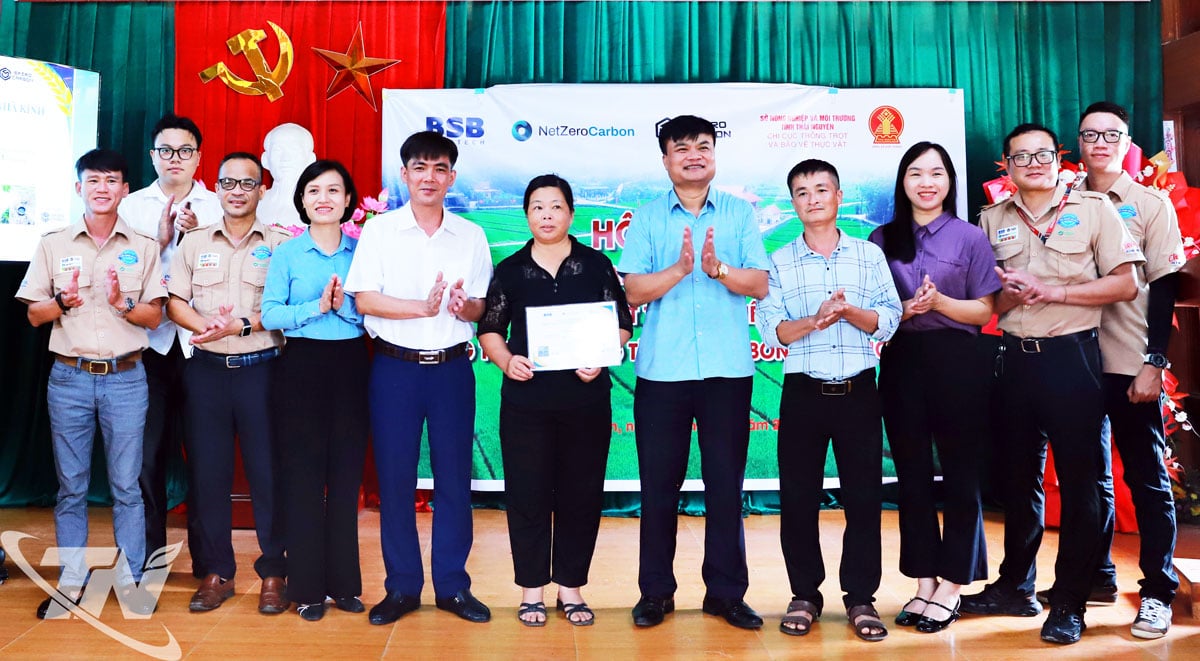

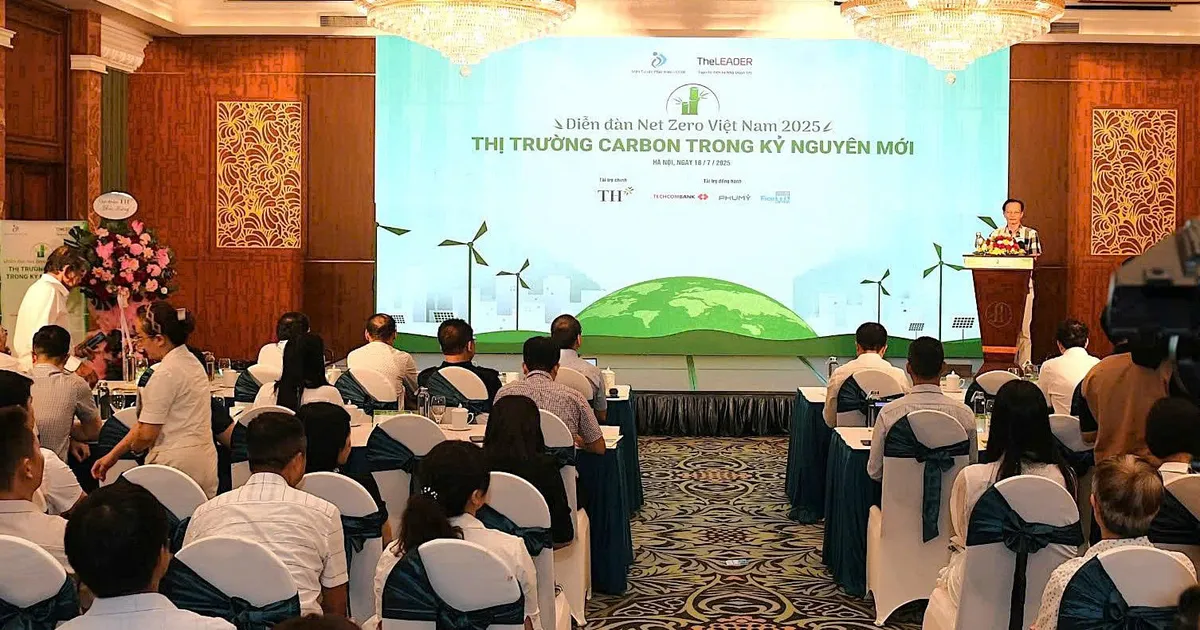

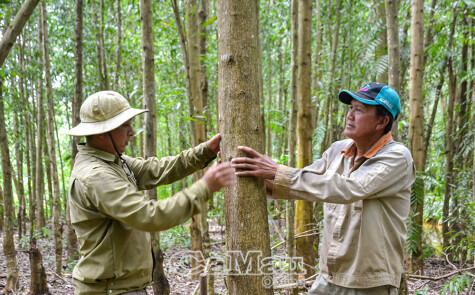

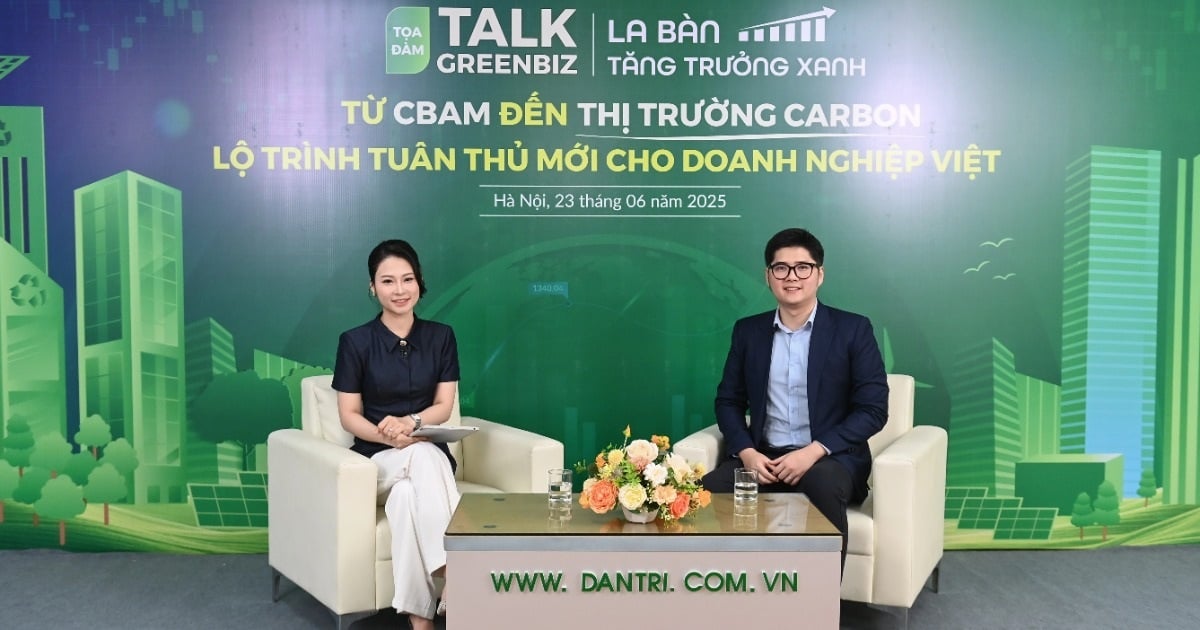

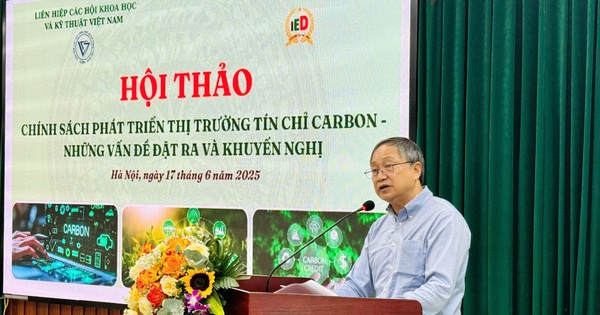

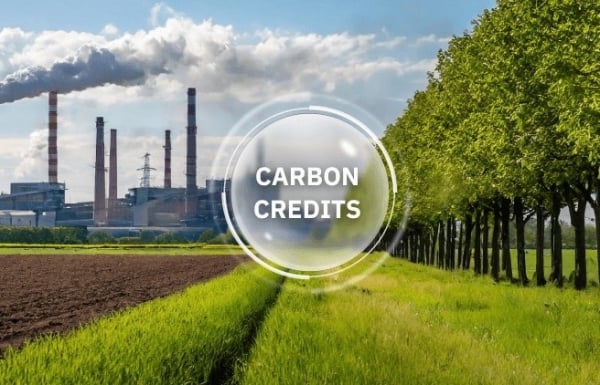

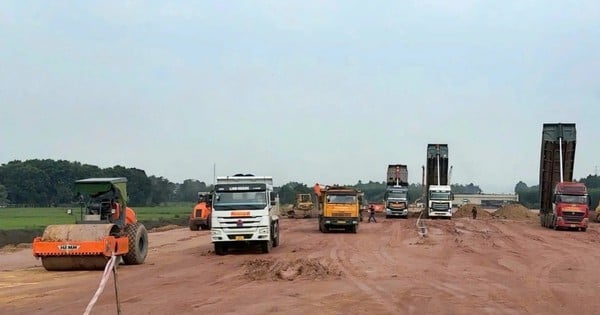
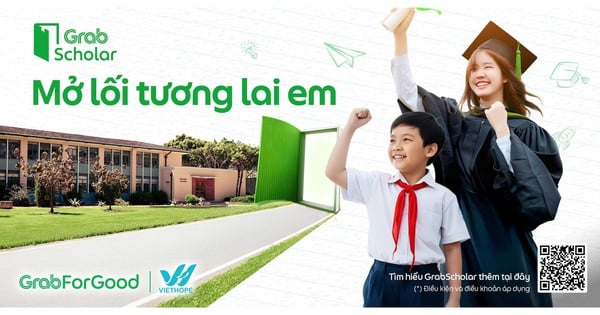
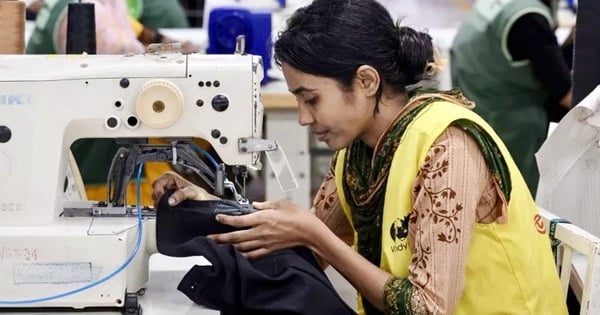

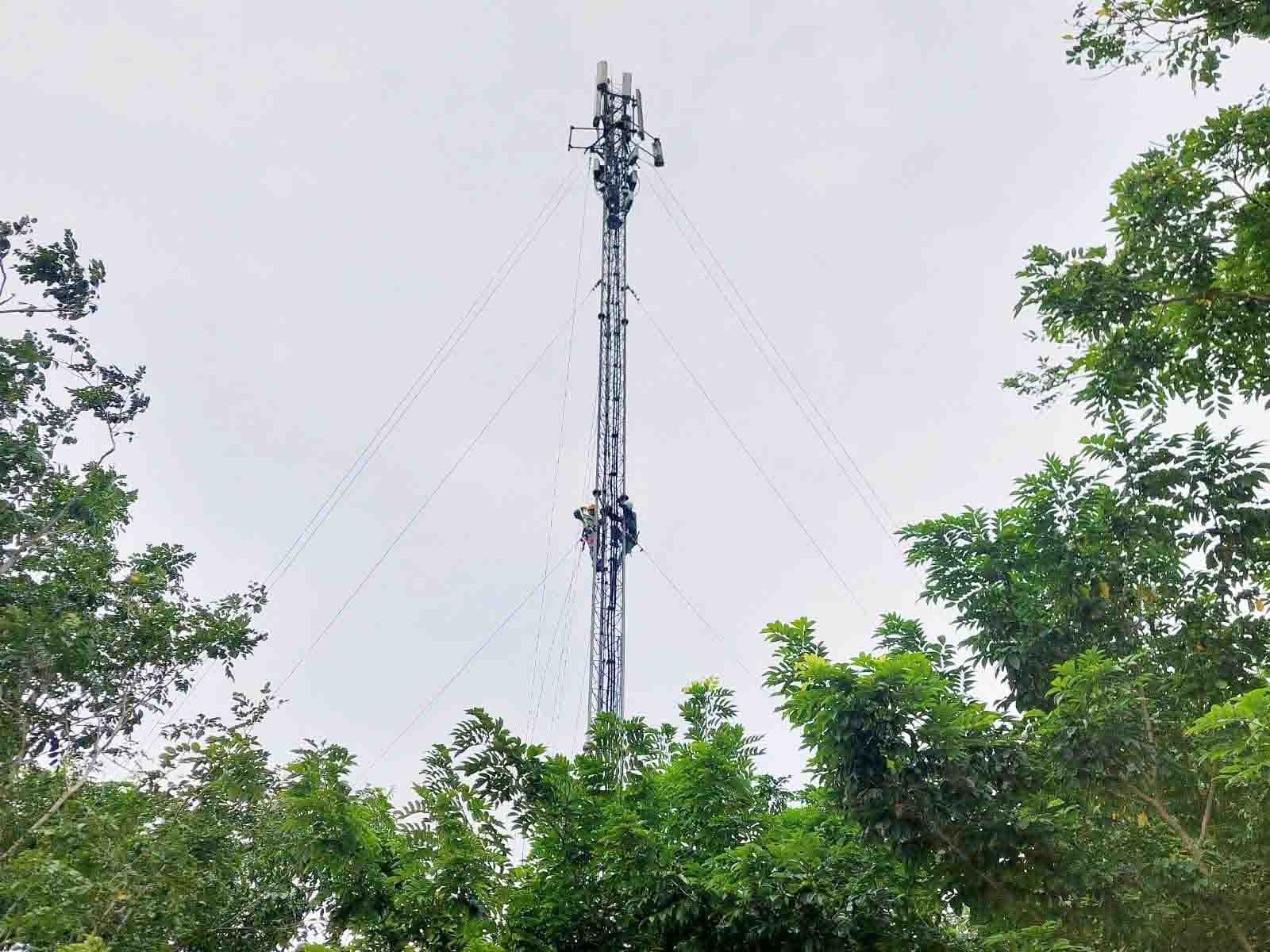







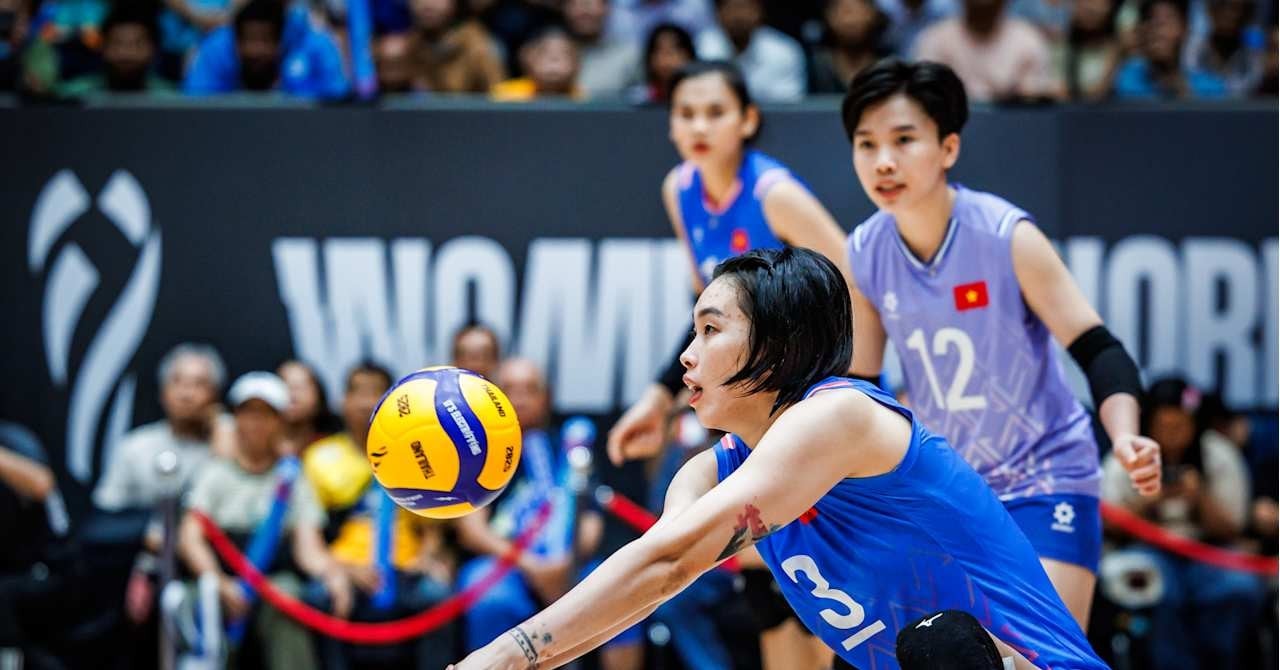
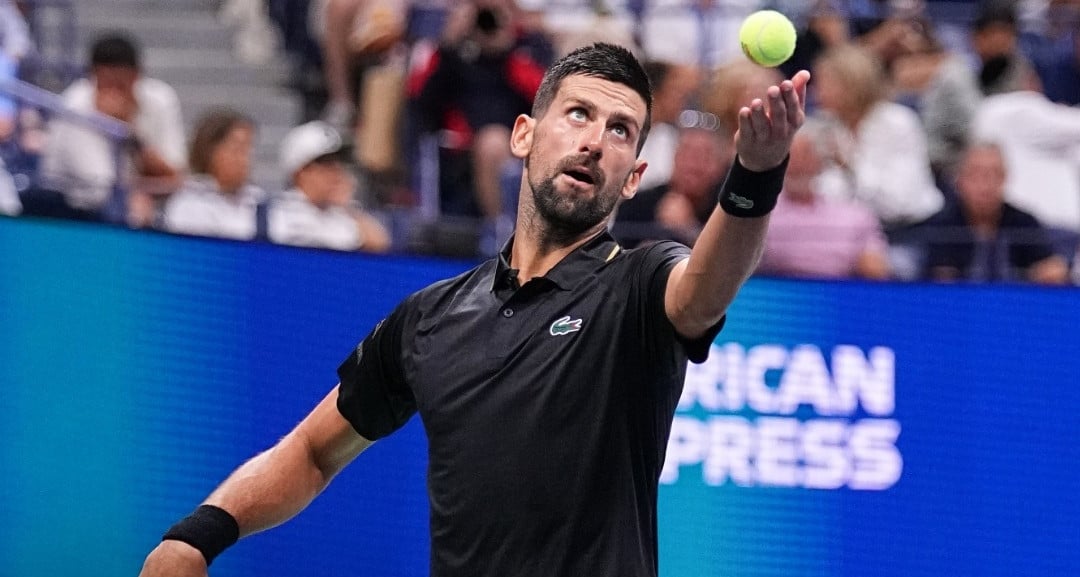
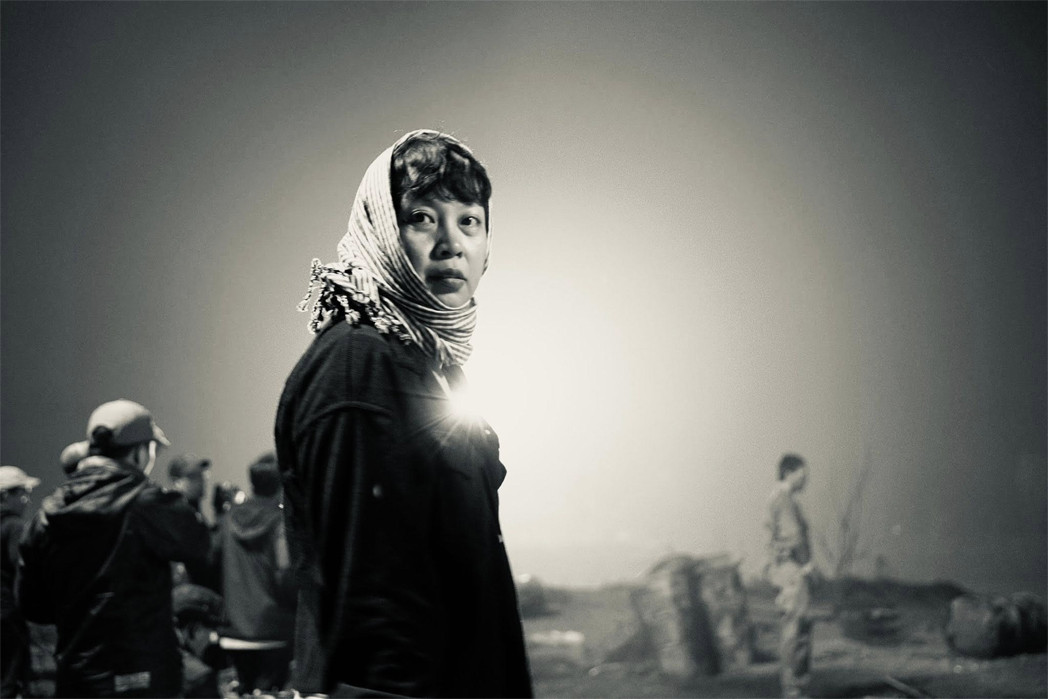
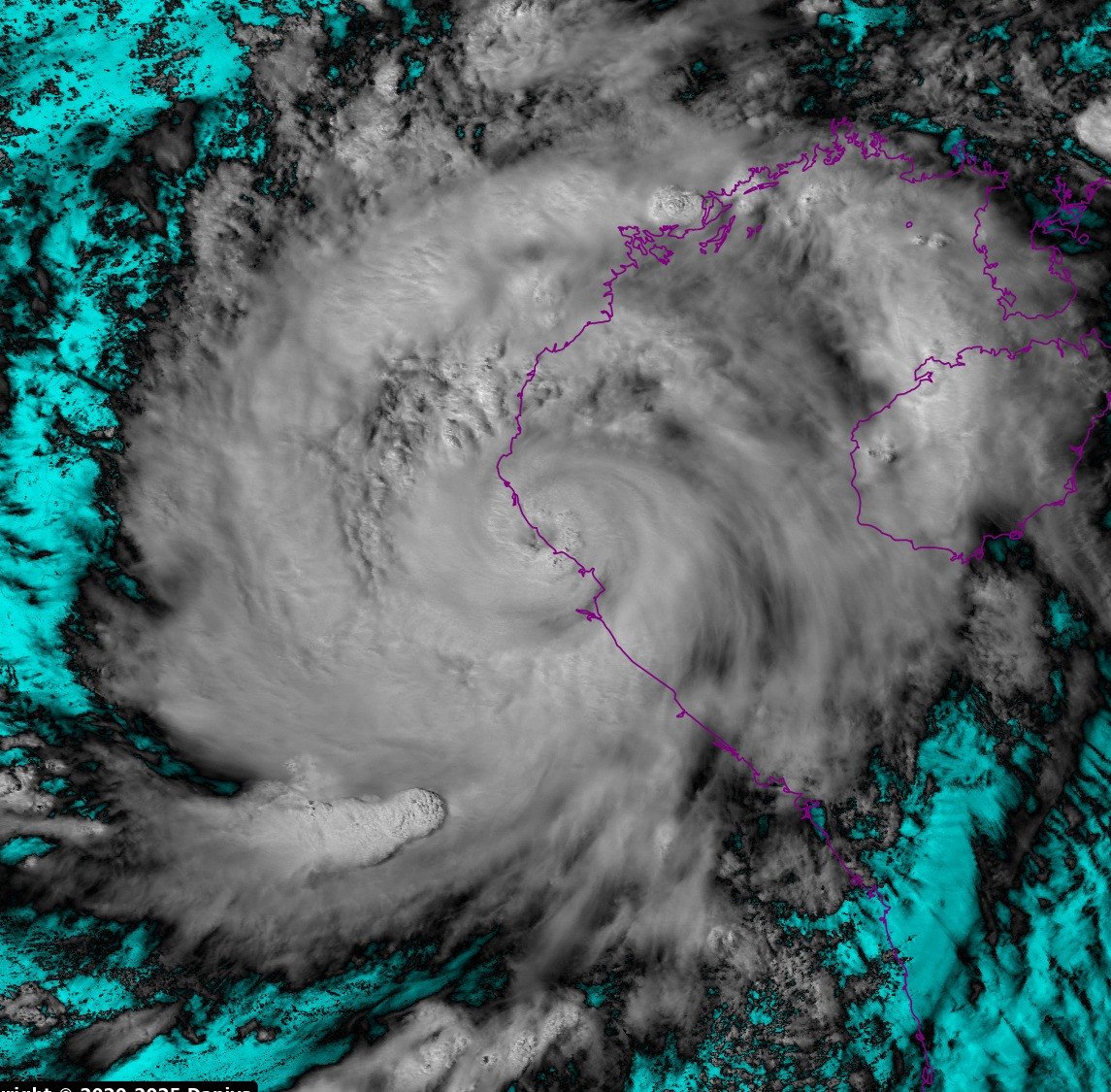

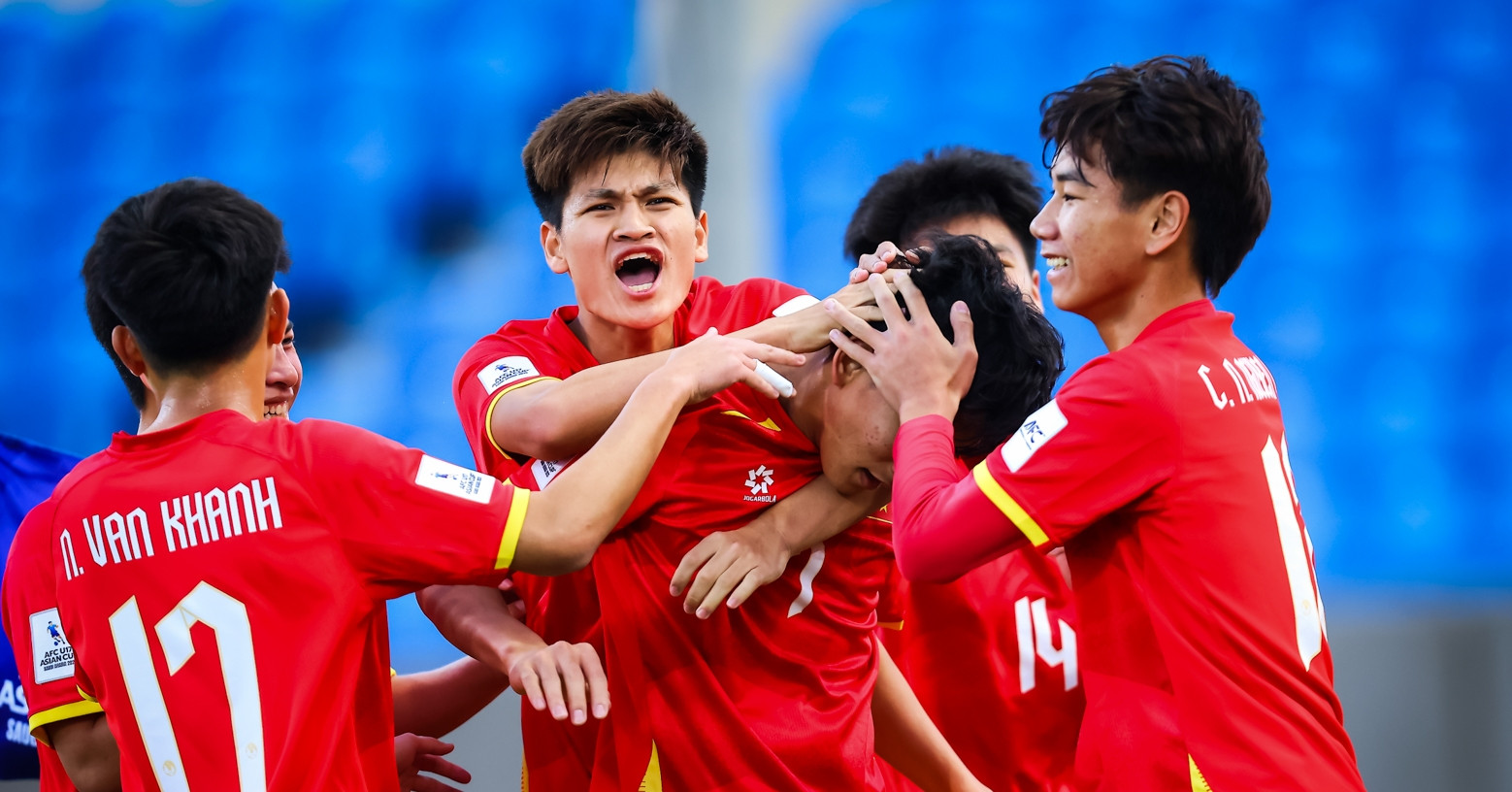
















































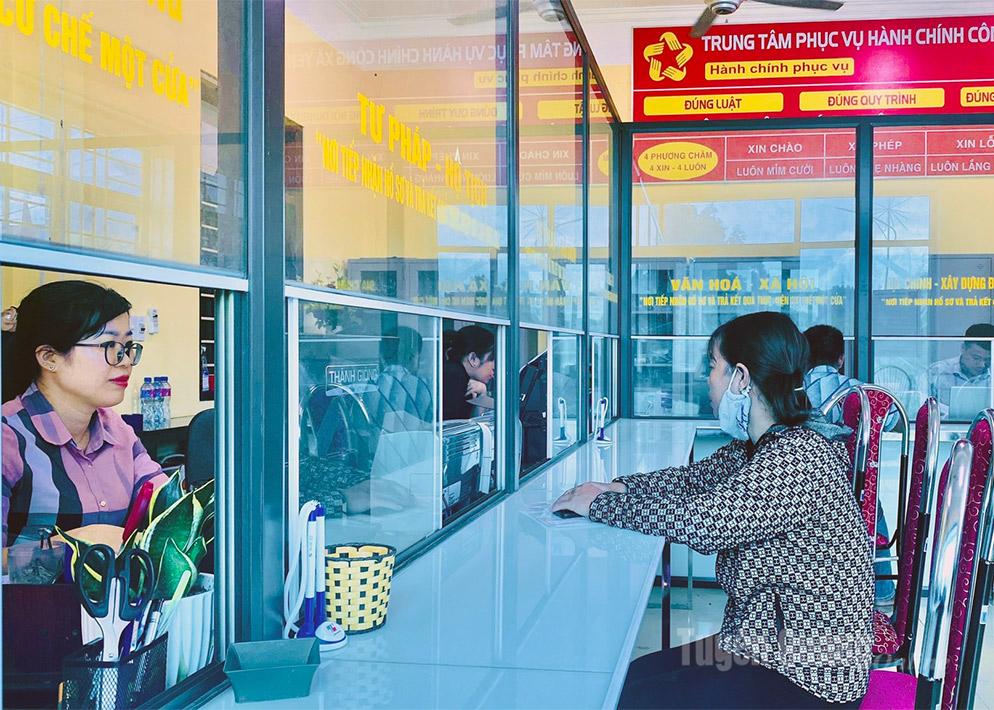

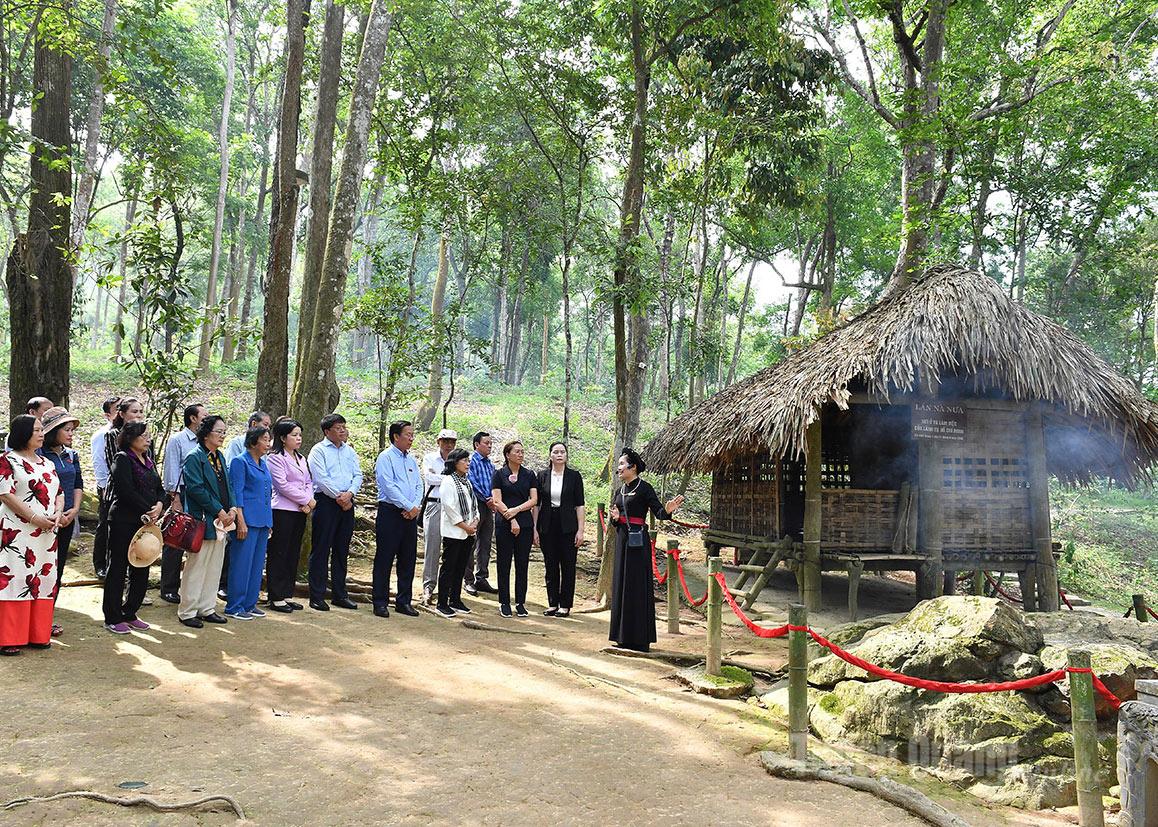
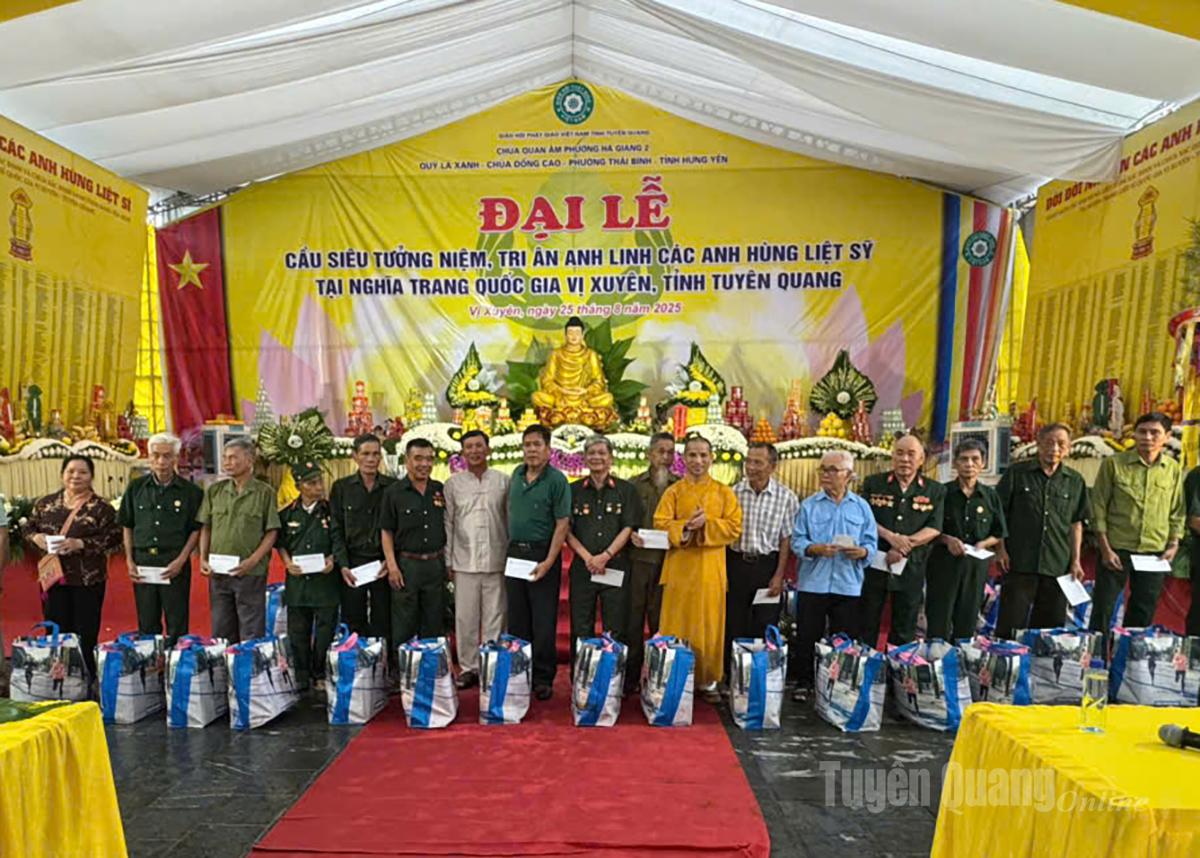
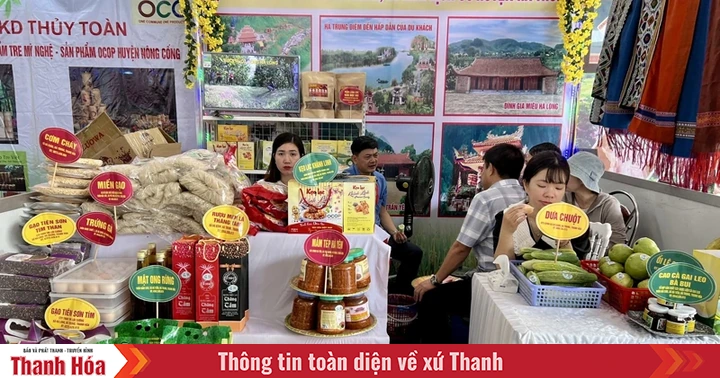

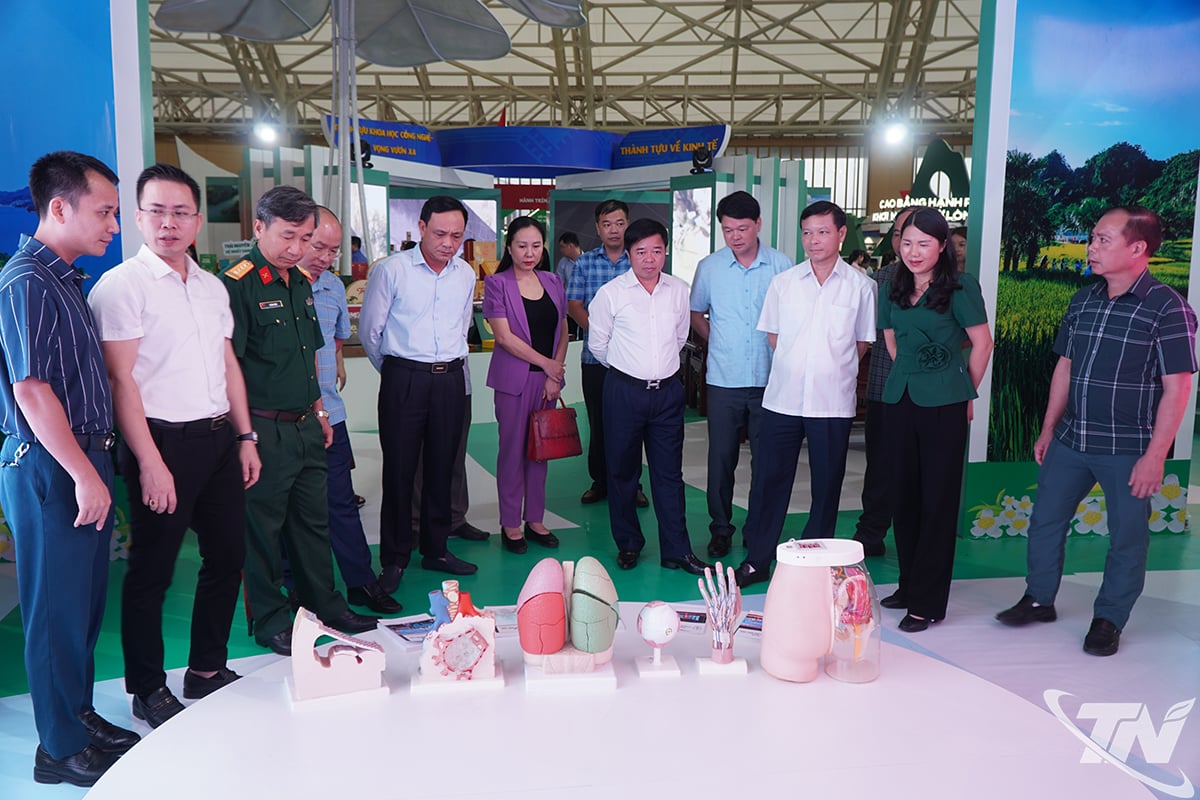
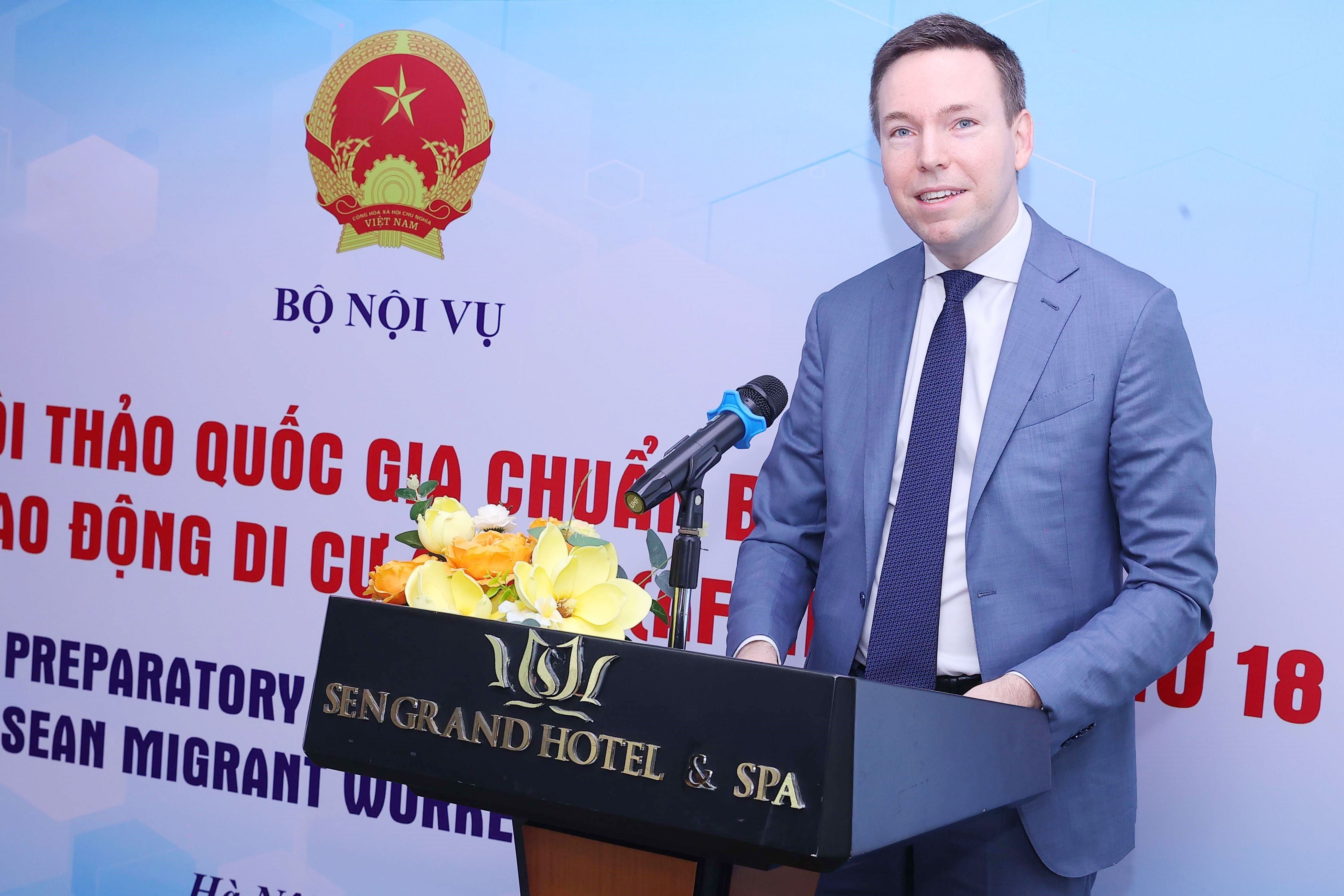















Comment (0)